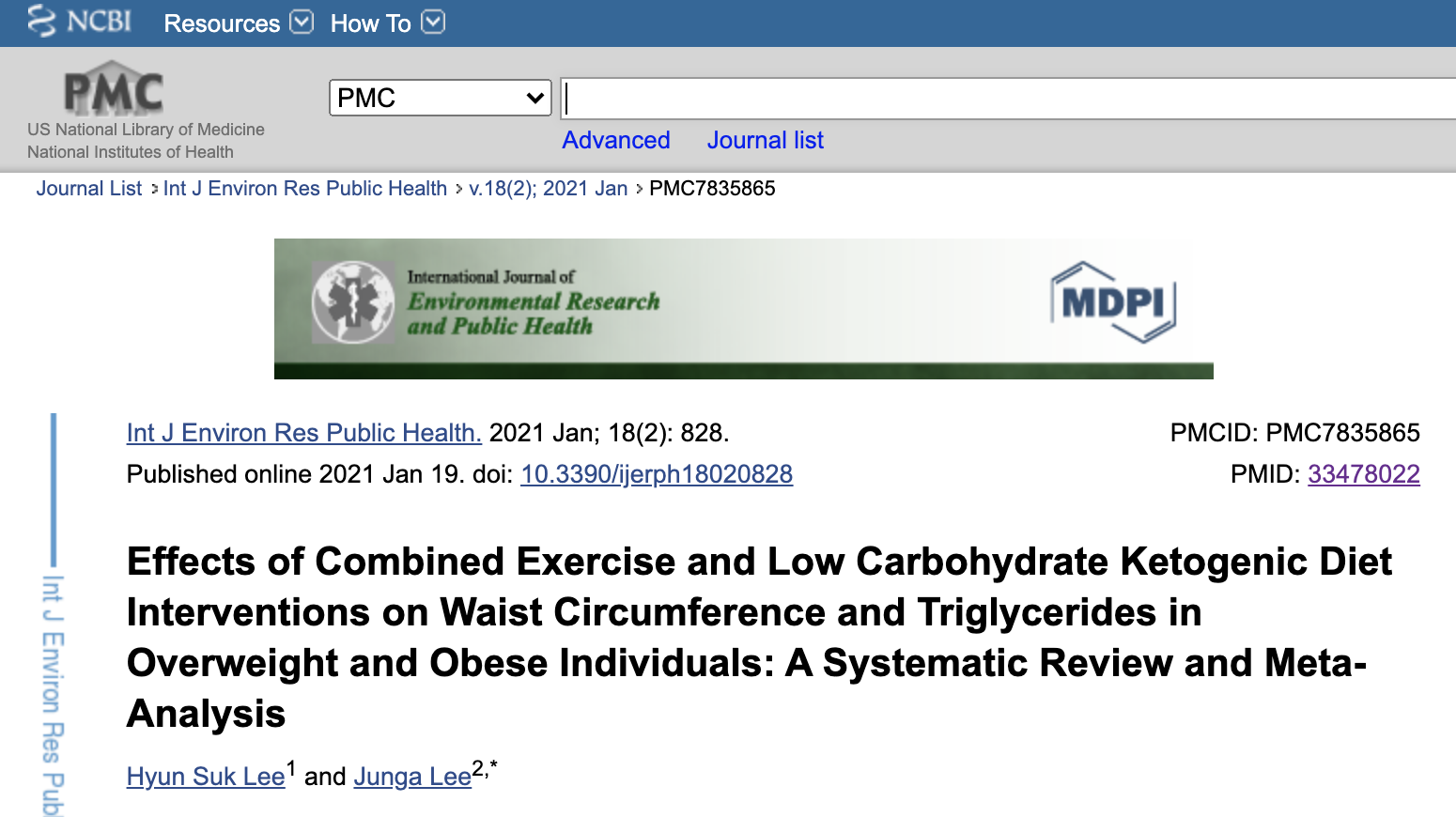1389 Center Dr Ste 340
Park City, UT, 84098
USA
Personal stories from real people who survived their disease … And how they did it!
personal stories from people who successfully battled their disease and how they did it
Body mass index (BMI) is a calculation that takes a person’s weight and height into account to measure body size. In adults, obesity is defined as having a BMI of 30.0 or moreTrusted Source, according to the Centers for Disease Control and Prevention (CDC). Obesity is associated with a higher risk for serious diseases, such as type 2 diabetes, heart disease, and cancer. Obesity is common. The CDC estimates that 42.4 percentTrusted Source of Americans 20 years old and older had obesity in 2017 to 2018. But BMI isn’t everything. It has some limitations as a metric. According to the CDC: “Factors such as age, sex, ethnicity, and muscle mass can influence the relationship between BMI and body fat. Also, BMI doesn’t distinguish between excess fat, muscle, or bone mass, nor does it provide any indication of the distribution of fat among individuals.” Despite these limitations, BMI continues to be widely used as a way to measure body size.
Eating more calories than you burn in daily activity and exercise — on a long-term basis — can lead to obesity. Over time, these extra calories add up and cause weight gain. But it’s not always just about calories in and calories out, or having a sedentary lifestyle. While those are indeed causes of obesity, some causes you can’t control. Common specific causes of obesity include: Genetics, which can affect how your body processes food into energy and how fat is stored; Growing older, which can lead to less muscle mass and a slower metabolic rate, making it easier to gain weight; Not sleeping enough, which can lead to hormonal changes that make you feel hungrier and crave certain high-calorie foods; Pregnancy, as weight gained during pregnancy may be difficult to lose and might eventually lead to obesity
Obesity can lead to more than simple weight gain. Having a high ratio of body fat to muscle puts strain on your bones as well as your internal organs. It also increases inflammation in the body, which is thought to be a risk factor for cancer. Obesity is also a major risk factor for type 2 diabetes. Obesity has been linked to a number of health complications, some of which can be life threatening if not treated: Type 2 diabetes; Heart disease; High blood pressure; Certain cancers (breast, colon, and endometrial); Stroke; Gallbladder disease; Fatty liver disease; High cholesterol; Sleep apnea and other breathing problems, Arthritis; Infertility
Chris: Compile relevant holistic treatments
Source Name
(https://www.amazon.com/gp/product/0738218456/ref=oh_aui_detailpage_o01_s00?ie=UTF8&psc=1)
Source Name
(https://www.amazon.com/gp/product/0738218456/ref=oh_aui_detailpage_o01_s00?ie=UTF8&psc=1)


Source Name
(https://www.amazon.com/gp/product/0738218456/ref=oh_aui_detailpage_o01_s00?ie=UTF8&psc=1)